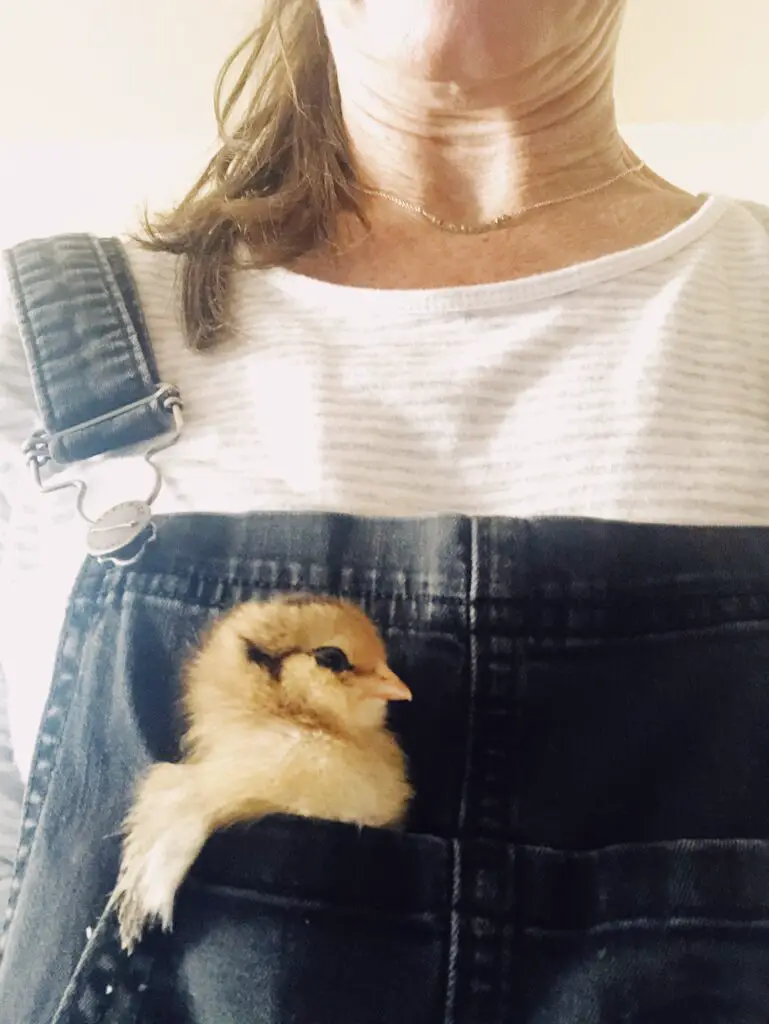I have a hobby farm.
Finding a home with room for growth was crucial when we moved to northern California. Having grown up on a sheep farm in Ohio, I yearned to go back to the farming way of life. And my husband and I both felt it was important for our kids to grow up on land and in nature. Thankfully, we found a home on five acres with a storage barn area and perfect fencing to raise a few farm animals.
Living among animals would be a wonderful way for our children to grow up. In addition to teaching them communication and patience, interacting with the animals would provide a positive model for future human relationships.
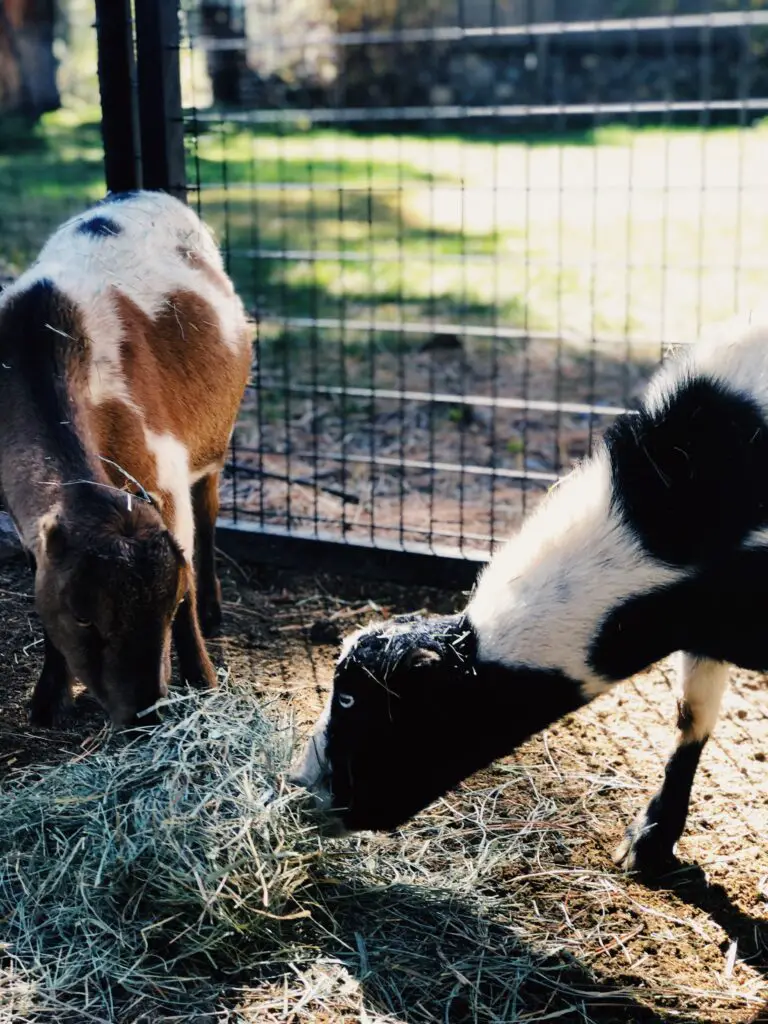
Contents
Preparation is key to a working Hobby Farm
We knew we would have to prepare our property for farm life before we were able to bring animals home. Fortunately, our home came with an outside storage barn when we purchased it that was initially used as a dog pen. We gave the area a little makeover, added a fully-enclosed chicken coop, and secured all the fencing (this was imperative as we live in an area that sees bears, coyotes, and bobcats fairly regularly.)
The Goats
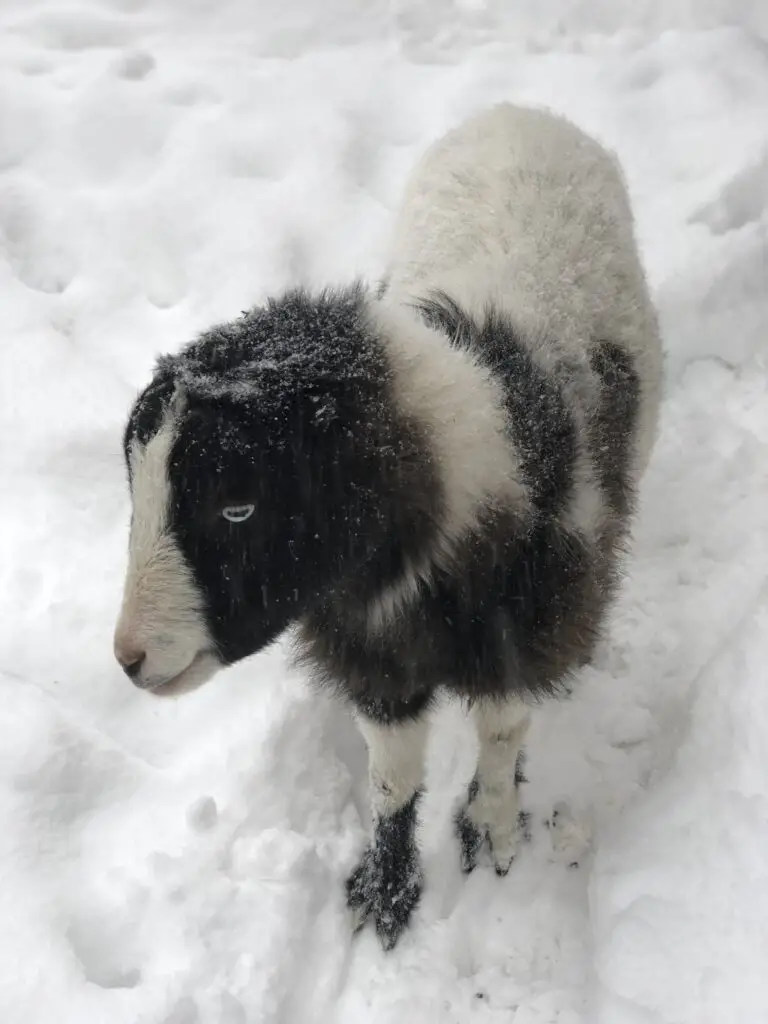
Experts generally recommend buying animals in pairs so that they will always have a friend. We wanted to start small and considered various farm animals but settled on starting with two goats. We immediately fell in love with a pair of mini LaMancha goats – baby brothers. They met our need for weed and grass control, and we loved how small they were. Furthermore, they are known for their docile disposition, making them ideal for our young children at the time.
Literally, the day we brought these little guys home, they began to gorge on the sagebrush we needed to clear, creating a nice open space for any other animals we might obtain in the future.
As far as care, mini LaManchas require the same care as other larger goat breeds. They need hoof trimming, worming, vaccinations, and yearly shearing. However, the living quarters and feed are not as costly as larger breeds.
Adding Some Hens
When our goats had settled in, we began researching different types of small farm animals. We decided to get a few chickens (and by a few, I mean eight). After researching breeds that do well in snowy, cold locations, we settled on four Buff Orpingtons and four Silver Laced Wyandottes, which we picked up as baby chicks from our local feed store during the spring.
The Buffs are incredibly docile and perfect around kids, while the Silver Laced Wyandotte’s are sweet but a little perkier. Be aware that as baby chicks, these girls were MESSY. We had to keep them in our kitchen under warm lights until they began to grow their adult feathers, and they were constantly kicking up their bedding, which landed all over the floor. And it was hard to believe these tiny birds could produce the incredible amount of smelly excreta that they did. But by about June, we were able to transfer them to their permanent home in the newly constructed chicken coop, which was located in the one-acre goat fenced goat pen.
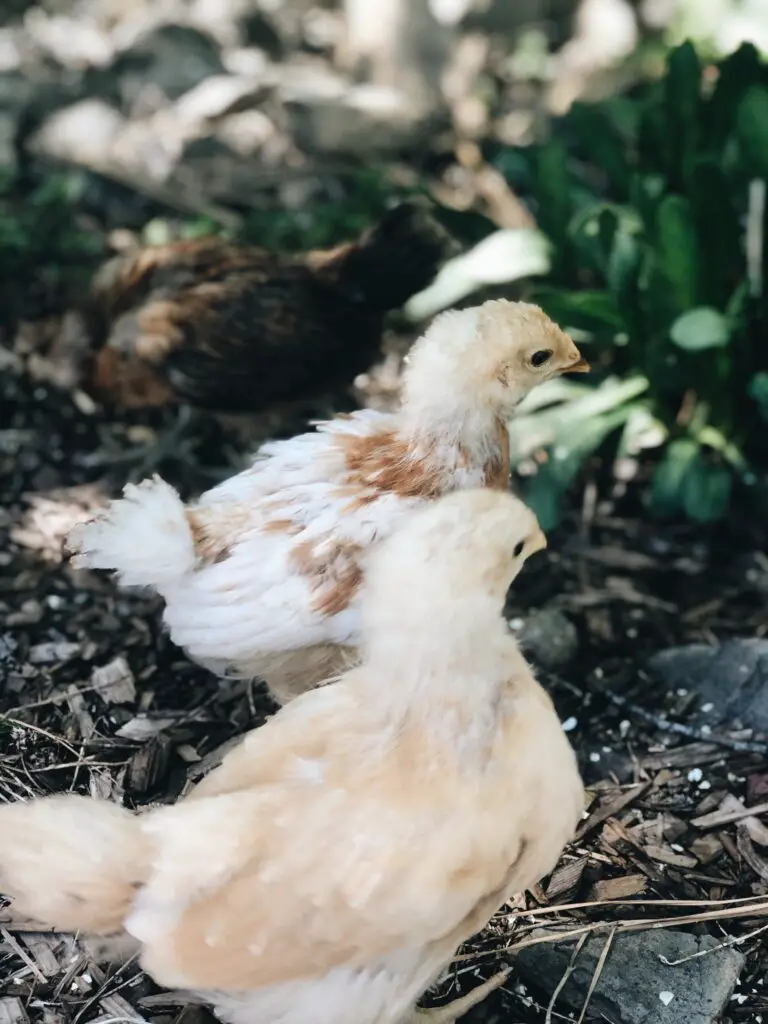
Protection from predators
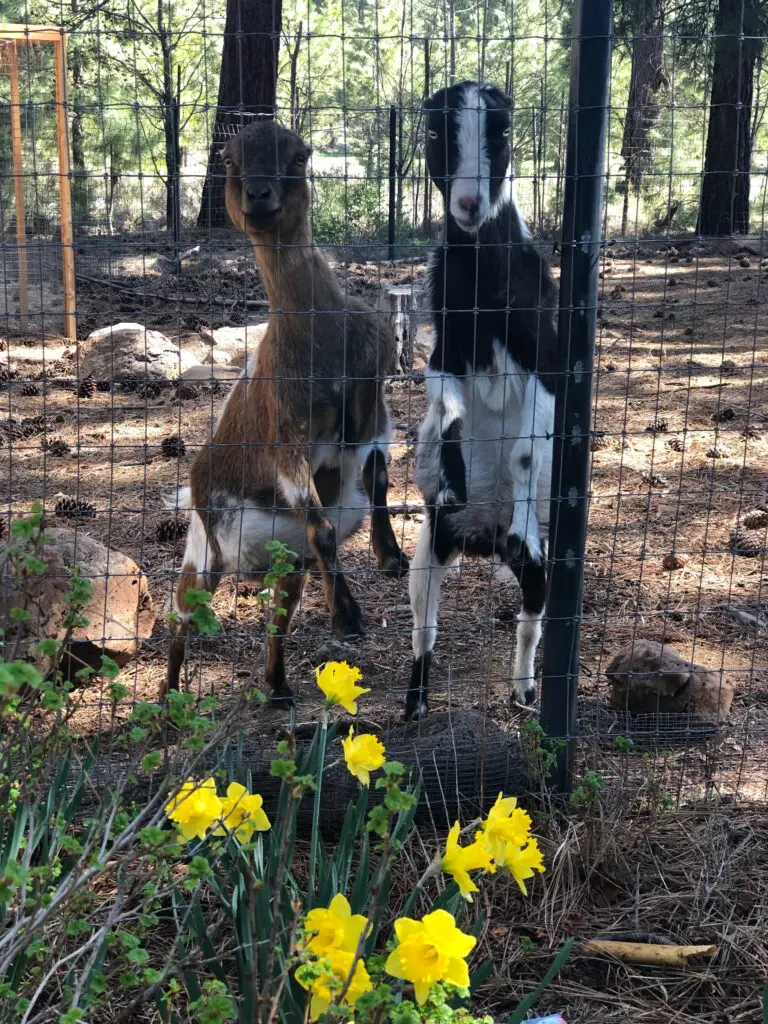
Predation in our area is high, and we watched a brown bear climb over our fence one winter when the snow depth was six feet! It was terrifying, but thankfully all of our animals were locked up in the barn, and the coop and the bear eventually gave up and went on/her way.
Even though we had excellent fencing, we knew we should also consider adding a guard dog or llama to the farm. Do you know that llamas can instinctively bond with other animals and offer a high level of protection from predators? Although we didn’t take the plunge, I’ve heard from other goat owners that llamas are excellent protectors and even eat the same foods as goats.
I hope this gives you a glimpse into starting a little hobby farm. Our favorite days are when we are outside watching the animals interact or when our kids take care of them. We are always learning new things. I especially love that we get to do it together as a family.
Share some of your own experiences as a hobby farmer in the comments section below!

